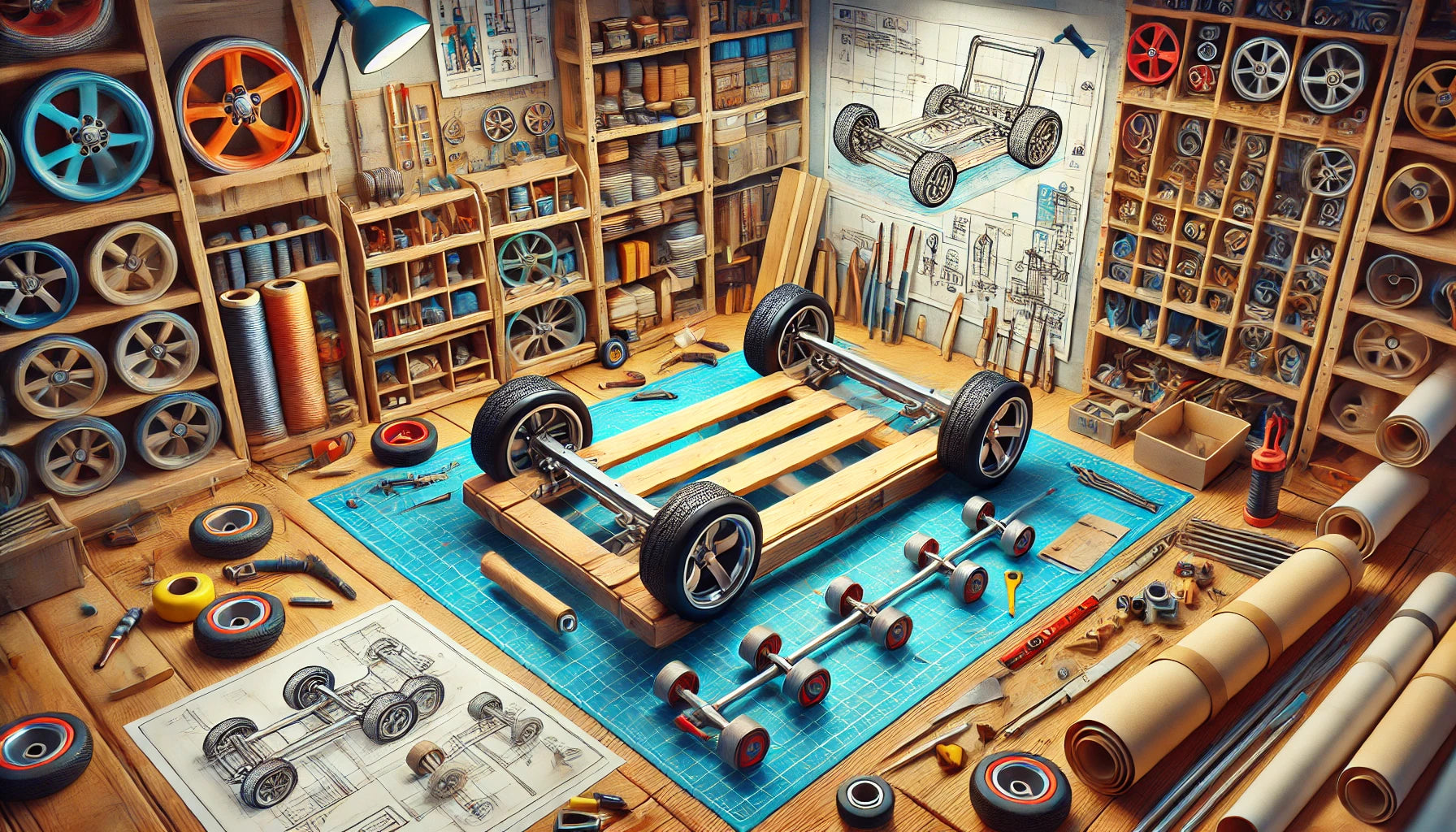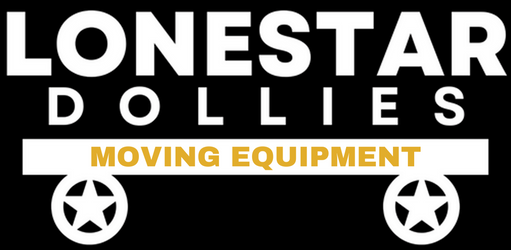
Custom Solutions: How to Design the Perfect Dolly for Your Unique Needs
Custom Solutions: How to Design the Perfect Dolly for Your Unique Needs
In many industries, one-size-fits-all solutions don’t always meet the specific needs of your business. When it comes to material handling, having the right equipment can make all the difference in efficiency and safety. That’s why custom dollies are an excellent choice for businesses with unique requirements. In this post, we’ll guide you through the process of designing the perfect dolly to meet your specific needs.
1. Assessing Your Requirements
The first step in designing a custom dolly is to assess your specific requirements. Consider the types of items you need to move, the environments in which the dolly will be used, and any special challenges you face. For example, do you need a dolly that can handle heavy loads, navigate tight spaces, or move up and down stairs? Understanding your needs will help you determine the features your custom dolly should have.
2. Choosing the Right Materials
The choice of materials is crucial in designing a dolly that meets your specific needs. Oak is an excellent choice for its durability and strength, making it ideal for heavy-duty applications. However, depending on your requirements, other materials such as aluminum, steel, or high-impact plastics may be more suitable. Consider factors like weight, load capacity, and environmental conditions when selecting materials.
3. Determining the Ideal Dimensions
Customizing the dimensions of your dolly is essential to ensure it fits your operational needs. Consider the size and shape of the items you’ll be transporting and the space available in your facility. Custom dimensions can include the width and length of the platform, the height of the handles, and the size of the wheels. Tailoring the dimensions to your needs ensures that the dolly is practical and efficient.
4. Selecting the Right Wheels and Casters
The type of wheels and casters you choose can significantly impact the dolly’s performance. For smooth surfaces, rubber or polyurethane wheels offer excellent traction and shock absorption. If you’ll be moving items over rough terrain or uneven surfaces, consider pneumatic or foam-filled wheels for added stability. Swivel casters provide better maneuverability, while fixed casters offer greater control.
5. Adding Special Features
Custom dollies can be designed with a variety of special features to meet specific operational needs. These features might include stair-climbing capabilities, foldable handles for easy storage, or additional shelves for organizing smaller items. Other options include non-slip surfaces, braking systems, and secure straps to keep items in place during transport. Adding these features can enhance the dolly’s functionality and make your operations more efficient.
6. Incorporating Branding and Logos
Custom branding is an excellent way to promote your business and add a professional touch to your equipment. Lonestar Dollies offers laser engraving services, allowing you to add your company’s logo, name, or any other design to your custom dollies. This not only reinforces your brand but also helps prevent theft and loss by clearly identifying your equipment.
7. Considering Ergonomics
Ergonomics is an important consideration when designing a custom dolly, especially if your employees will be using it frequently. Ensure that the handles are positioned at a comfortable height, and consider adding padded grips to reduce strain. Ergonomically designed dollies can help prevent injuries and improve productivity by making it easier and more comfortable to move heavy items.
8. Collaborating with a Trusted Manufacturer
Designing the perfect custom dolly requires collaboration with a trusted manufacturer who understands your needs and can bring your vision to life. At Lonestar Dollies, we work closely with our clients to design and produce custom dollies that meet their specific requirements. Our team of experts will guide you through the entire process, from initial concept to final production.
9. Prototyping and Testing
Before committing to a full production run, it’s a good idea to create a prototype of your custom dolly. This allows you to test the design and make any necessary adjustments before mass production. Prototyping helps ensure that the final product meets your expectations and performs as intended in real-world conditions.
10. Finalizing Your Order
Once you’re satisfied with the design and functionality of your custom dolly, it’s time to finalize your order. Lonestar Dollies offers flexible bulk ordering options to accommodate businesses of all sizes. Our streamlined ordering process ensures that you receive your custom dollies on time and within budget.
Final Thoughts Custom dollies are the perfect solution for businesses with unique material handling needs. By carefully considering your requirements and working with a trusted manufacturer like Lonestar Dollies, you can design a dolly that meets your exact specifications and enhances your operations. Explore our custom dolly options and start designing the perfect dolly for your business today.
